-
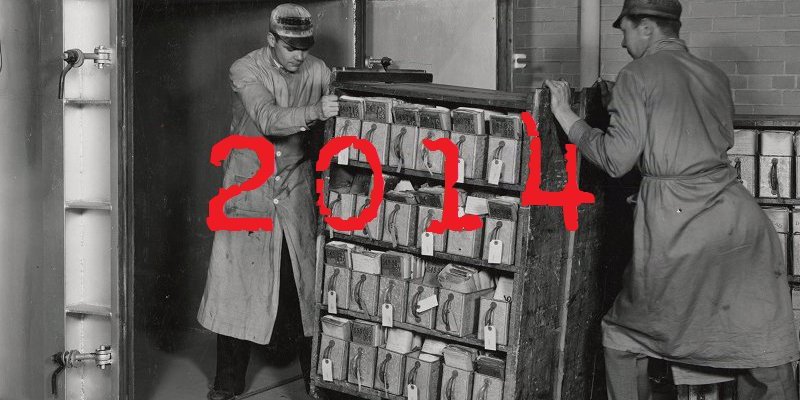
MuckRock’s year in FOIA: 2014
This year saw MuckRock’s 10,000th request and, thanks to our amazing users, that number keeps growing. Here’s the stories, big and small, you helped uncover this year.
-

Months in, The Private Prison Project has uncovered thousands of docs related to the incarceration industry
This summer, MuckRock announced that it was beginning a longterm FOIA investigation into the shadowy space between the private prison industry and its government “partners,” who bankroll almost the entirety of this growing enterprise. After months of digging, the surface has barely been scratched.
-

One year later, Boston’s smoking ban has yet to yield one reported citation
News of the smoking ban, which made lighting anything in a public park punishable by a fine of $250, caused quite the uproar last December. Menino, a longtime champion of public health, enthusiastically supported the measure to ensure smoke-free greenery. But one year later, the legislation seems to have only succeeded in wasting Boston’s time, money, and anger.
-

FBI has an open investigation related to #Gamergate
Rejecting a request for the FBI’s files on Gamergate and its affiliates, the bureau stated that, while they have responsive documents related to the loose coalition, those files are part of an ongoing investigation, and release “would interfere with law enforcement proceedings.” Who or what is being investigated remains an open question.
-

MuckRock’s new Terms of Service
Shortly after MuckRock was founded, a public records request we published was found objectionable enough to warrant a state attorney informing us that if we didn’t remove the data the state had previously given us, we were subject to a year in jail. We never removed the data, but it was an early reminder of how important — and fragile — free expression is, and a challenge for us to do what we could to protect it.
-

Justice Department redacts reasons for redacting policy on text message snooping
Last year, in response to a FOIA request from the ACLU regarding the Obama Administration’s policy regarding intercepting cell phone text messages, the Justice Department released 15 pages of documents - all of which had been completed redacted by the b(7) exemption. Earlier this week, we received the processing notes for the request, which, while faring little better, redaction-wise, offers valuable insight into the bizarre world where transparency and secrecy overlap.
-

Phil Eil’s FOIA Nightmare
Phil Eil’s story is one of classic FOIA frustration — enthusiastic investigation brought to a halt by the inefficient system upon which it depends. The topic, broadly, is the climate of prescription drug abuse in America. “It’s a subject that’s clouded with so much emotion, misinformation, and suspicion, which is all the more reason to talk about evidence,” Phil described in a recent phone interview with MuckRock. “But that evidence hasn’t been released.”
-

We have until the end of the day to save FOIA reform
For the second time this week, our best chance for long-overdue FOIA reform is being threatened - not by a vote, but by deliberate inaction. Here’s how you can help.
-

How we got the Pentagon to reveal what gear they gave cops
In late November, with no formal public announcement, the Pentagon released the spreadsheet we’ve been requesting for more than a year. Here’s how we made it happen.
-

Welcome to the new MuckRock
On Saturday, after months of work, we quietly launched this new version of MuckRock — our biggest update since the site launched over four and a half years ago. Here’s what we’re excited about.
-

The Pentagon Finally Details its Weapons-for-Cops Giveaway
You may have heard that the image-conscious Los Angeles Unified School District chose to return the grenade launchers it received from the Defense Department’s surplus equipment program. You probably have not heard about some of the more obscure beneficiaries of the Pentagon giveaway.
-
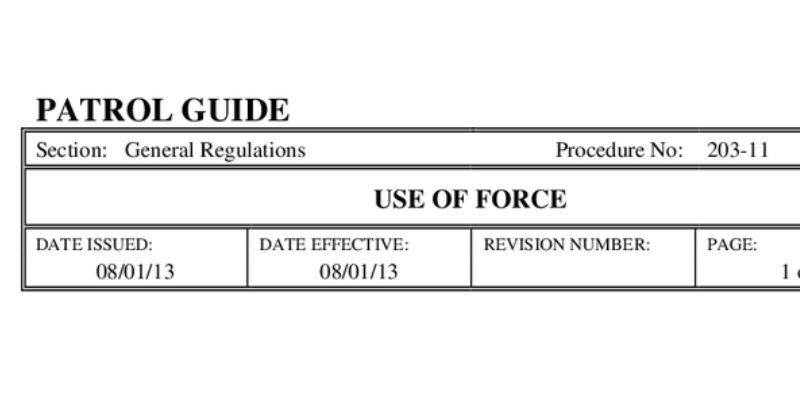
Read the NYPD’s Use of Force policy
It took considerable effort on the part of Shawn Musgrave to obtain a copy of the NYPD’s patrol guide, which includes their Use of Force policies. Read them here.
-

Why we’re suing the NYPD over drone denials.
Back in June, MuckRock submitted its third request for drone documents with the NYPD, drawing upon the now-overwhelming evidence that the department was openly exploring their opportunities to implement UAVs into their police work. But despite its public candor, the NYPD still insists that it cannot release any documents whatsoever - so we’re suing.
-

The FBI spent $650k on its anti-spying short film “Game of Pawns”
Earlier this year, the FBI released “Game of Pawns” a short film dramatizing the Glenn Duffie Shriver espionage case. The film’s awkward dialogue and low production value drew some jeers, pointing out that their “downtown Shanghai” was clearly filmed outside the DC Chinatown Metro stop. Despite its cheap feel, the project still cost the agency at least $650,000 - almost ten times the amount Shriver was paid by the Chinese government.
-
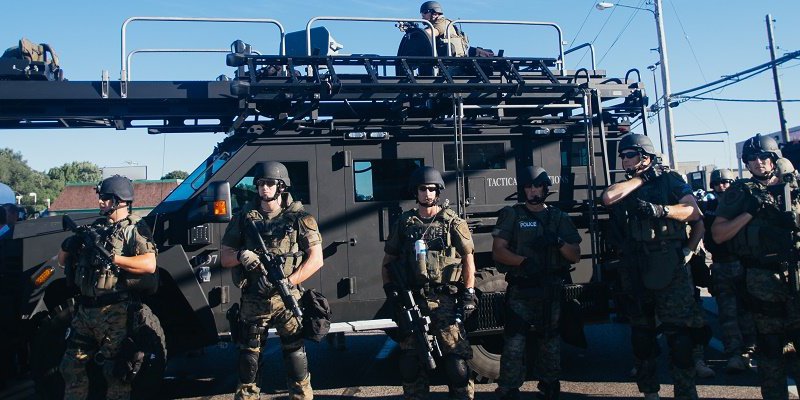
All of our completed requests related to the Ferguson unrest
Three years ago today, Mike Brown was shot in Ferguson, Missouri, sparking weeks of protests which have made the debate on policing a fixture of the national dialogue ever since. We’ve compiled a list of all the requests our users filed regarding the unrest, and have highlighted some notable documents we’ve received.
-

The First Amendment Foundation’s transparency scorecard keeps the sunshine state shining
A couple weeks back, we took our 50 States of FOIA look at Florida, and how they enjoy some of the strongest transparency laws in the country. But you need more than just strong laws to offer truly open government - you need organizations like the First Amendment Foundation that ensure agencies aren’t just offering convenient transparency, but true access.
-

The Defense Logistics Agency feels that releasing police military equipment transfer data is a safety risk. A majority of states disagree.
Only a handful of states outright refused to provide spreadsheets on assault rifles, armored vehicles, and other decommissioned military equipment transferred to police by the Pentagon. But the Defense Logistics Agency vaguely claims that releasing the same data would be dangerous.
-

Massachusetts State Police want almost $600 for release of 1033 data
As we mentioned last week, Massachusetts was one of just thirteen states to refuse to release data on military equipment transfers to local police. While we’re still in the process of appealing their refusal to release their inventory forms, the Massachusetts State Police have changed their tactic for similar requests related to the 1033 program, and are now asking for almost $600 for their release.
-

In Texas, civil forfeiture laws are lax and seizures rake in millions
Earlier this week, Todd Feathers introduced us to Equitable Sharing, and how police work with the DOJ to get around some state’s restrictions on civil forfeiture funds. But what about states where those restrictions aren’t so strict? Houston PD provided a detailed look at police property seizures in Texas, and it isn’t pretty.
-
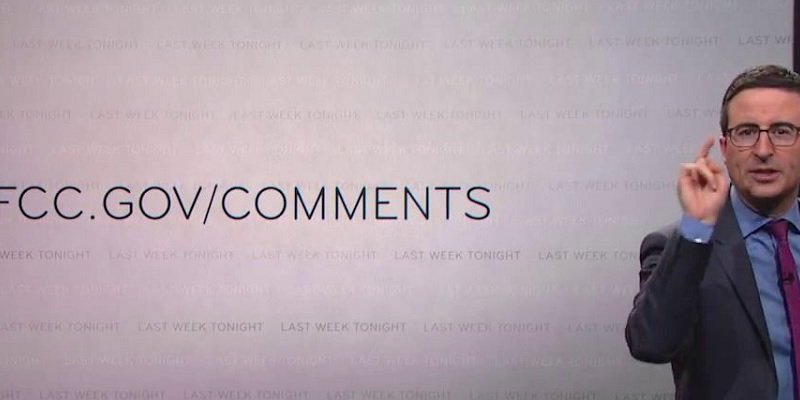
“I with John Oliver” FCC’s net neutrality comments document host’s ‘Spartacus’ moment
On the heels of Obama’s statement in support of net neutrality, in which he proposed that broadband would be reclassified as a common carrier under Title II of the Telecommunications Act, MuckRock gives you some of the best complaints to the FCC in the name of a free and open internet.
-
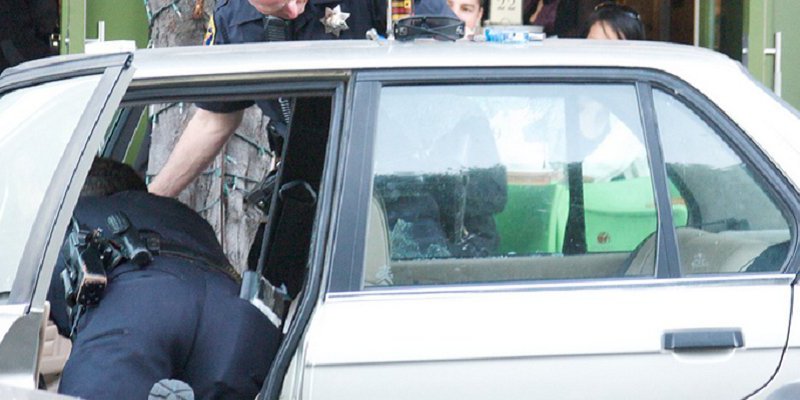
Most states have strict laws concerning seized funds – here’s how police and the feds work together to get around them
The Department of Justice makes billions of dollars each year through deals with state and local police forces that can act as loopholes in more stringent state laws governing how much money police get to keep when they take a person’s property without pressing charges.
-

Coast Guard lawyer fights release of Watchlist documents on grounds that people will read them
Under FOIA, there are three categories of requesters: media, which has the lowest level of fees; all others, which are assessed a moderate levels of fees for covering search and duplication costs; and commercial, which has high fees to cover legal review. A Coast Guard lawyer has ruled that, because MuckRock has readers, it’s commercial, not media.
-
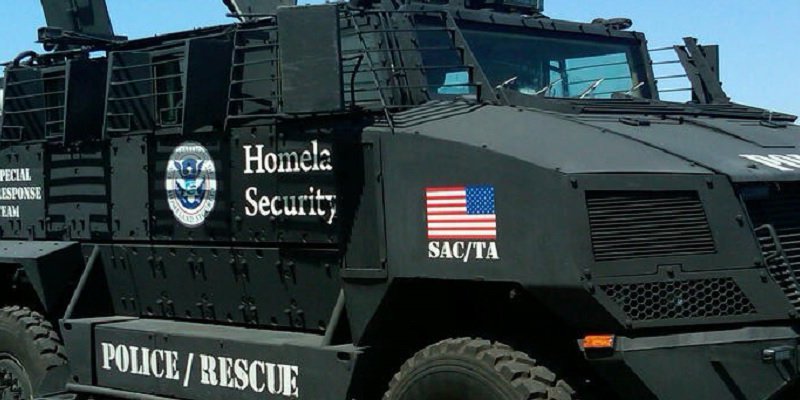
Only thirteen states refuse to release data on Pentagon equipment transfers to police
The majority of states — 37 to date — have released spreadsheets indicating which police departments received weapons, armored vehicles and other military equipment via the Pentagon’s 1033 program. But six states rejected MuckRock’s request outright, plus another six say they don’t them … and then Louisiana wants $5,000 to print them out.
-

Natural gas leaks in Massachusetts cost millions and potentially risk lives - help us track them down.
Beneath Massachusetts streets, natural gas seeps from leaky pipes, and the utility companies who need to make up for lost product have been passing the costs onto the consumer. From 2000 to 2011, ratepayers were charged between $640 million to $1.5 billion in fees for unaccounted gas. Help us track down where the leaks are, and what - if anything - is being done to patch them up.
-

50 States of FOIA: Florida
The MuckRock 50 States of FOIA Project aims to shed light on what it’s like to work with public records around the U.S., through the voices of requesters state by state. This time, we focus on the state of Florida.